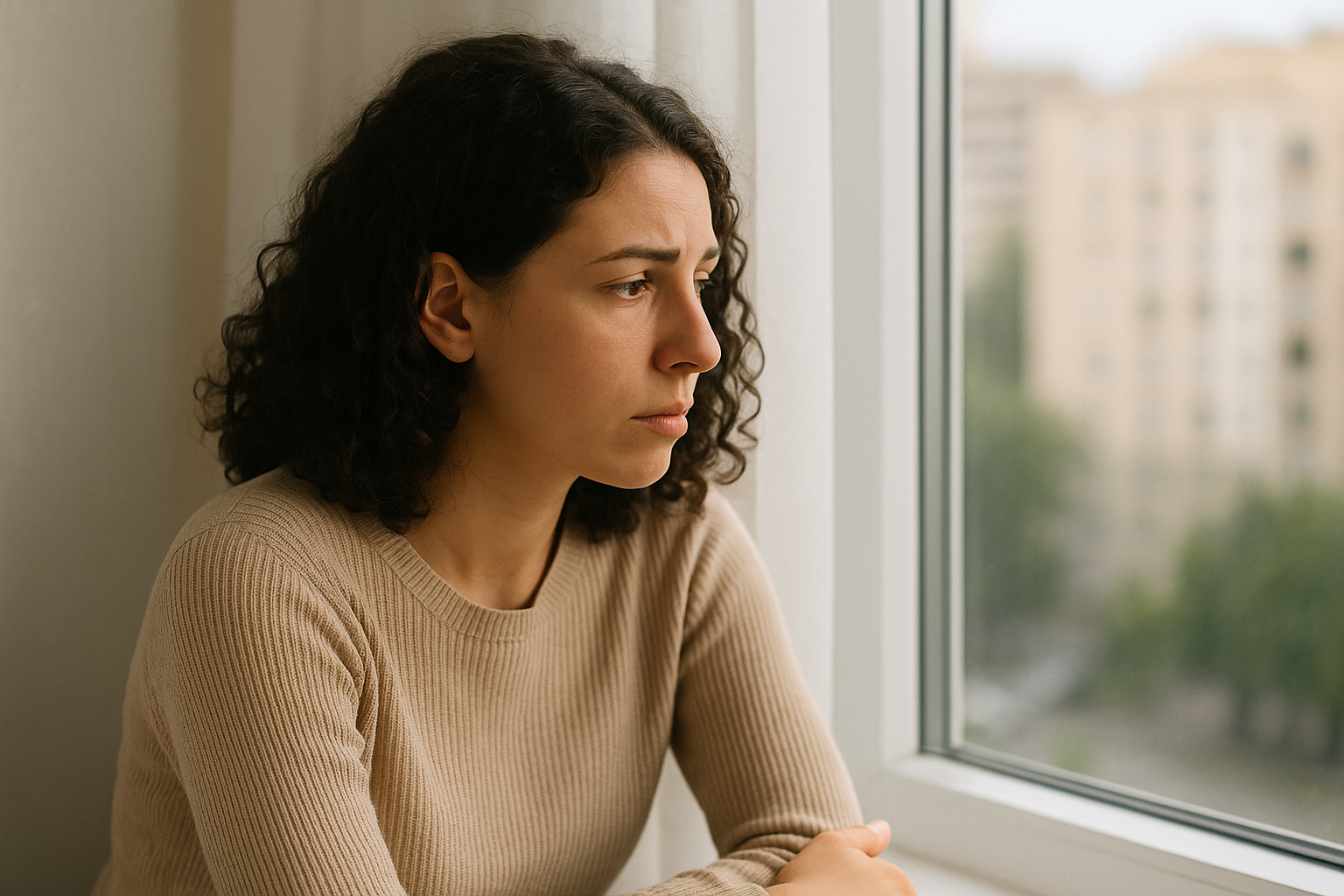In today’s fast-paced world, mental health challenges have become increasingly common. Many people face stress, pressure, and a constant bombardment of information. These modern pressures can lead to anxiety and fear, disrupting daily lives. Among the mental health concerns, social anxiety stands out because it directly affects how individuals interact with others. While some casually refer to their fears as “social phobia,” others mention “social anxiety disorder.” Though these terms sound similar, they are not the same. Gaining the right knowledge helps people seek the most appropriate support.
Understanding Social Phobia: More than Shyness
Social phobia is an outdated term but still used by some to describe intense fear of social situations. When you experience social phobia, you might avoid parties or work meetings out of worry that others will judge or embarrass you. This reaction goes beyond regular shyness—social phobia can be very isolating and persistent.
Those with social phobia tend to feel anxious at the very thought of social interactions. Their minds may race with worries, and they may physically shake or blush in social settings. Often, this fear is narrowly focused. For example, someone may dread public speaking but have no issue attending small gatherings or chatting with friends. Social phobia can be overwhelming and, if left unaddressed, can lead to missed opportunities in both personal and professional life.
- Fear of being judged in specific situations
- Avoidance of certain activities, like presentations
- Physical symptoms, such as sweating or trembling
Defining Social Anxiety Disorder: A Broader Condition
Social anxiety disorder is a recognized medical diagnosis that involves a much broader and deeper impact on an individual’s life. People living with this condition struggle with a strong and persistent fear across many types of social interactions. Unlike social phobia, social anxiety disorder is not just about a speech or party—it affects nearly every area of social engagement.
Social anxiety disorder can cause you to avoid school, work, or even basic daily activities like visiting a store. The worry about embarrassment or negative judgment is so intense that it interferes with building relationships and achieving personal goals. For example, someone with social anxiety disorder might skip a family gathering out of fear that everyone is judging them, even if those fears are unrealistic.
- Intense fear present in most social settings
- Constant worry about being humiliated or rejected
- Impact on work, education, and daily tasks
Spotting the Differences: Social Phobia vs. Social Anxiety Disorder
Though intertwined, social phobia and social anxiety disorder show important distinctions. Social phobia may revolve around a single or a few scenarios, while social anxiety disorder influences many areas of life. In addition, medical professionals use clear diagnostic criteria to recognize social anxiety disorder—this ensures those struggling receive the right care and support.
Here are some practical differences:
- Scope: Social phobia is often specific, social anxiety disorder is generalized
- Duration: Social anxiety disorder is persistent and affects daily routines
- Severity: Social anxiety disorder leads to avoidance of most social or performance situations
- Recognition: Social anxiety disorder is included in mental health diagnostic manuals, ensuring clearer treatment pathways
Understanding these differences empowers you to recognize when occasional nervousness grows into an ongoing mental health concern. Early recognition means earlier support and improved quality of life.
Practical Examples and Everyday Scenarios
Real-life examples clarify these differences. Imagine a person who dreads giving a presentation at work but otherwise interacts comfortably with colleagues. This is closer to social phobia. Alternatively, consider someone who feels anxious about almost all social settings, avoids eye contact, and worries about everyday conversations—this matches social anxiety disorder.
- An employee with social phobia might avoid meetings but can talk one-on-one without distress
- Someone with social anxiety disorder may skip social events, struggle to order at restaurants, or decline social invitations altogether
- Social anxiety disorder often brings physical symptoms (like stomach pain) even when thinking about social interaction
By spotting these patterns, you can decide the best way to cope and seek help. Support from friends, technology, or professionals can make daily interactions less daunting.
Support Tools and Strategies: The Trankua App Advantage
Modern mental health challenges require practical, on-the-go support. The Trankua App was designed precisely for moments of intense social fear or anxiety. When panic arises, having an instant, trustworthy tool can change the outcome. Whether your anxiety rests with a single public event or spreads across your daily routine, Trankua offers swift relief.
Key features of the Trankua App include:
- Guided breathing and relaxation exercises for fast relief
- Progress tracking to monitor improvements over time
- Discreet interface to ensure privacy and ease of use
- Personalized strategies for different anxiety triggers
Using support like Trankua each day increases confidence and helps break the cycle of avoidance. Facing your fears, one moment at a time, makes social life more rewarding and less frightening.
Take control of social anxiety and feel empowered in every interaction. Download Trankua now and discover how daily support can lead to real transformation.

